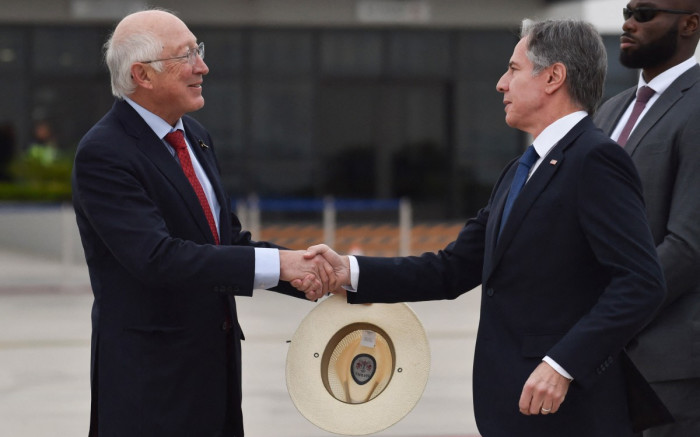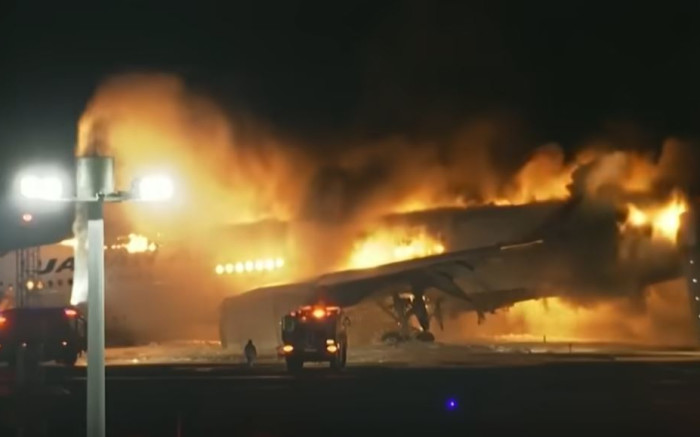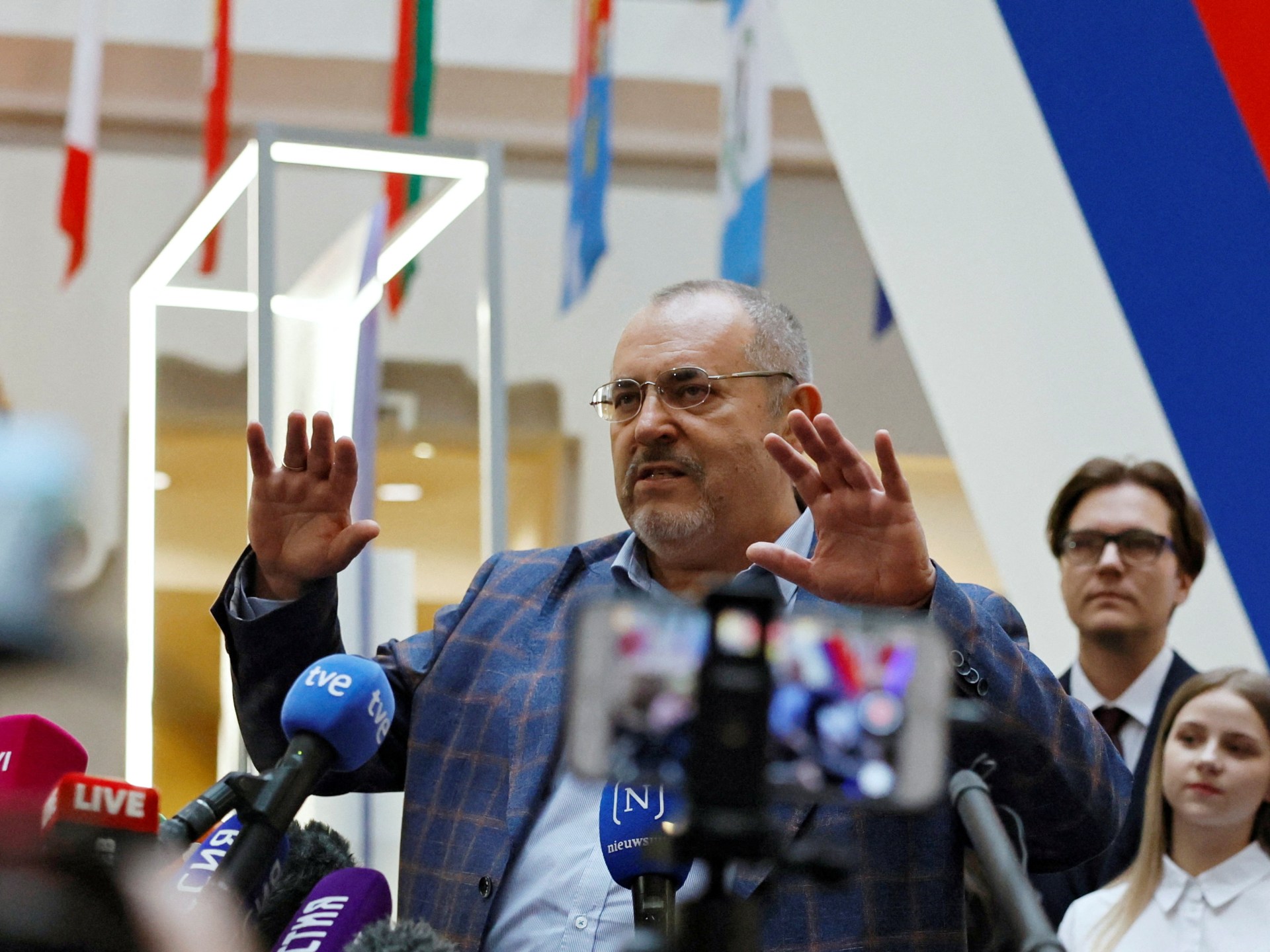
THE HAGUE, Netherlands (AP) — The United Nations’ top court will decide Friday on whether to call on Israel to halt its military offensive in Gaza when it issues a preliminary ruling in a case accusing Israel of violating the tiny coast to have committed genocide in the enclave.
Joan E. Donoghue, President of the International Court of Justice, will read the highly anticipated decision of a panel of 17 judges in a case that goes to the heart of one of the world’s most intractable conflicts.
However, Friday’s ruling is only a preliminary ruling; It could take years for the entire case filed by South Africa to be considered. Israel denies the accusation and has asked the court to dismiss the charges.
As the case winds its way through the court, South Africa has called on judges “with the utmost urgency” to impose so-called interim measures to protect Palestinians in Gaza.
At the top of South Africa’s list is a request for the court to order Israel to “immediately cease its military operations in and against Gaza.” It also calls on Israel to take “appropriate measures” to prevent genocide and provide access for urgently needed assistance.
In a statement on Thursday, Palestinian Prime Minister Mohammed Shtayyeh said he hoped the decision would include “immediate measures to end the aggression and genocide against our people in the Gaza Strip… and a rapid flow of aid to save the hungry, wounded and sick.” . “the danger of a slow death that threatens them.”
Israeli government spokesman Eylon Levy said Thursday that Israel expects the court to reject the “false and specious allegations.”
Israel often boycotts international tribunals and UN investigations, saying they are unfair and biased. But this time it took the rare step of sending a high-level legal team – a sign of how seriously it is taking the case and likely fears that a court order to halt operations would be a major blow to the country’s international reputation would.
An Israeli official said Prime Minister Benjamin Netanyahu met with senior legal, diplomatic and security officials on Thursday in anticipation of the verdict. He said Israel was confident but was discussing “all scenarios.” The official spoke on condition of anonymity because the meetings were confidential.
Israel launched its massive air and ground assault on Gaza after Hamas militants stormed Israeli communities on October 7, killing about 1,200 people, mostly civilians, and kidnapping another 250.
The offensive has decimated swathes of territory and forced nearly 85% of the 2.3 million people from their homes.
More than 26,000 Palestinians were killed, the health ministry said in the Hamas-controlled enclave on Friday. The ministry makes no distinction between combatants and civilians in the death toll, but said about two-thirds of those killed were women and children.
The Israeli military claims that at least 9,000 of those killed in the nearly four-month conflict were Hamas fighters.
UN officials have expressed fears that more people could die from disease and at least a quarter of the population is at risk of starvation.
Marieke de Hoon, an associate professor of international law at the University of Amsterdam, said she thought it was unlikely the court would dismiss the case on Friday given the lower legal hurdles South Africa must clear at this early stage , which would be requested a decision on the merits of the charges.
“The standard… is not: Was there genocide? But a lower standard,” she said. “Is it plausible that there could have been a risk of genocide, which would amount to Israel’s responsibility to prevent genocide?”
But De Hoon does not expect the World Court to order an end to the Israeli military operation.
“I think they will shy away from actually calling for a full ceasefire because I don’t think they are in a position to do that right now,” she said in a telephone interview.
Interim measures from the World Court are legally binding, but it is not clear whether Israel would comply with an order.
Senior Hamas official Osama Hamdan, meanwhile, said his group would abide by a ceasefire if ordered and would be ready to release the hostages it is holding if Israel releases Palestinian prisoners.
What will be crucial will be how the US, Israel’s most important ally, responds to an order, as it has veto power in the UN Security Council and could block measures there aimed at forcing Israel’s compliance.
The US said Israel had the right to defend itself, but also said the country needed to protect civilians in Gaza and allow more aid.
The genocide case attacks the national identity of Israel, which was founded as a Jewish state after the Nazis murdered 6 million Jews during World War II.
South Africa’s own identity is key to bringing the case. His ruling party, the African National Congress, has long compared Israel’s policies in Gaza and the West Bank to its own history under the white-minority apartheid regime that confined most blacks to “homelands” before it ended in 1994.






Recent Comments